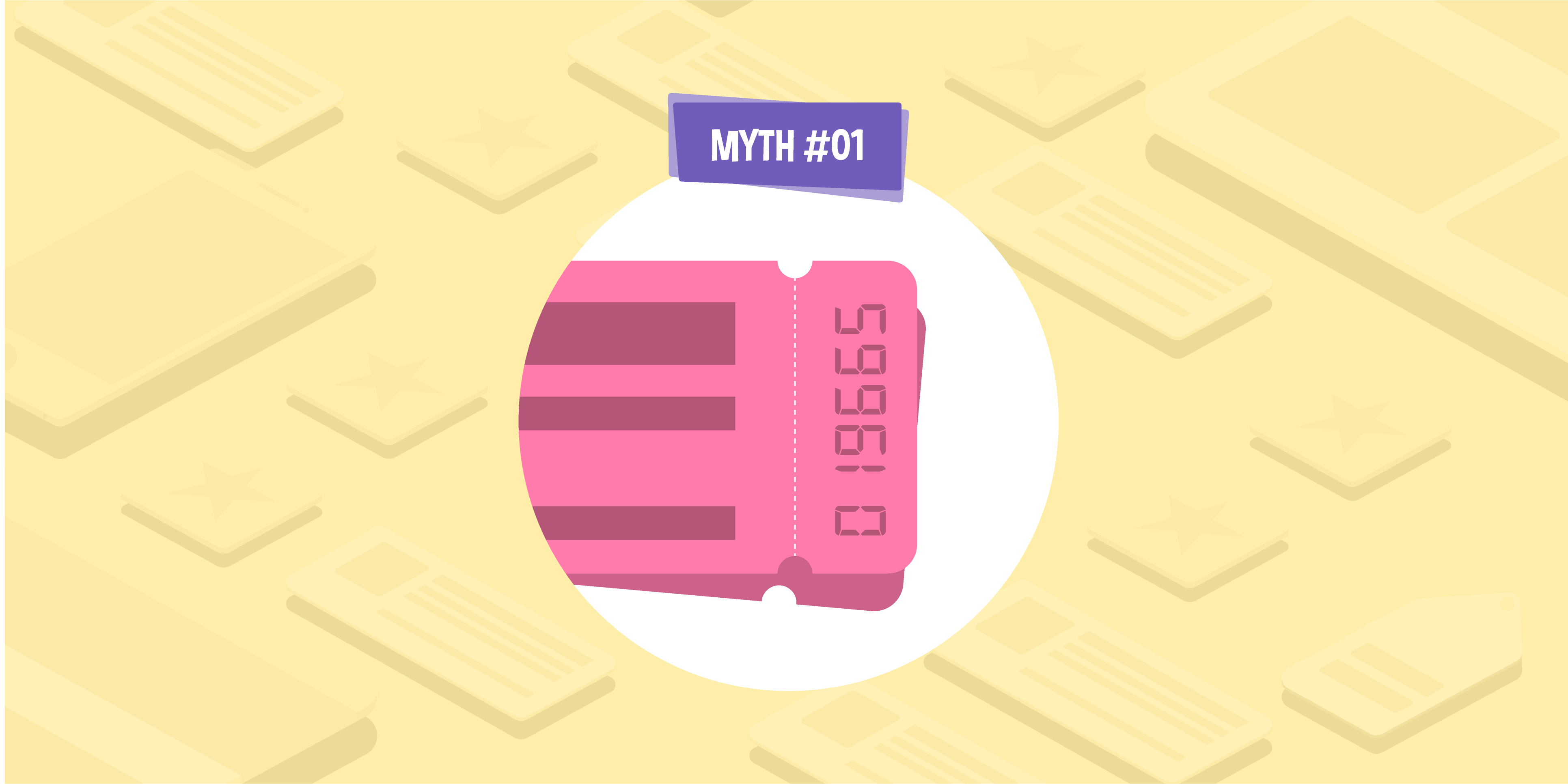
- 28 Jun 2023
- 4 Min read
What is ‘experience’ in E-E-A-T? Google’s new Search Quality Rater Guidelines explained
If you’ve been creating online content for some time then you’re no doubt already familiar with the concept of E-A-T. Standing for ‘expertise’, ‘authority’, and ‘trustworthiness’, E-A-T is important for determining the quality of a webpage.
Content showcasing good E-A-T is more likely to be perceived as high quality by Google, which could help its position on results pages. E-A-T certainly isn’t anything new and is part of Google’s venture to display only relevant information to searchers. But there is a new kid on the block: ‘experience’.
Towards the end of last year, Google announced the addition of ‘experience’ to its Search Quality Rater guidelines, to form E-E-A-T, or Double-E-A-T. But what exactly is ‘experience’ and how can you demonstrate it in your content? We’ll answer all that and more below.
What is ‘experience’?
So, what does Google mean by ‘experience’ anyway? The search engine defines ‘experience’ as “the extent to which the content creator has the necessary first-hand or life experience for the topic”. The guidelines go on to state that “many types of pages are trustworthy and achieve their purpose well when created by people with a wealth of personal experience.
To illustrate this, the guidelines cite the example of product reviews. Which would you find more trustworthy, a review from someone who has experienced the product or service, or someone who has not? In this case, the experience of the author underpins the expertise, authority, and trustworthiness of the content.
How does ‘experience’ differ from ‘expertise’?
On the surface, ‘experience’ and ‘expertise’ may sound like similar factors, but there are some differences. Expertise comes from someone who is knowledgeable in their field, such as a doctor or lawyer, while experience can come from someone who knows the situation first-hand but isn’t necessarily an expert.
To compare the two in context, let’s look at an example from the health sector — a ‘your money, your life’ (YMYL) industry that is subject to the highest standards of E-E-A-T. A doctor can display scientific knowledge and advice regarding a specific type of treatment. This is ‘expertise’. Someone who has undergone the treatment themselves can share their story and advice on a forum. This is ‘experience’. Both are useful for the reader but offer different kinds of value.
A piece of content doesn’t necessarily have to offer both ‘expertise’ and ‘experience’ to be considered high quality, as it depends entirely on the topic. Google’s Search Quality Guidelines state that “pages that share first-hand life experience on clear YMYL topics may be considered to have high E-E-A-T as long as the content is trustworthy, safe, and consistent with well-established expert consensus. In contrast, some types of YMYL information and advice must come from experts.”
To help differentiate the search results, Google has recently announced Perspectives: a new search filter that will deliver experienced content from forums and social media sites. Think of Perspectives as an add-on to the helpful content update, showcasing more unique content and first-hand experiences right on the SERP.
What does this have to do with AI?
As platforms like ChatGPT and Google Bard start to really take hold, content creation is easier than it’s ever been. However, while AI can create informative content relatively quickly, it can’t experience things like a human author can, and this creates a fundamental weakness in AI-generated content. This is where E-E-A-T comes in.
AI-generated content lacks originality and is often inconsistent, which means it also can’t offer any first-hand experience, expertise, authority, or trustworthiness. In short, AI isn’t a person, so it can’t create people-first content. For example, an AI chatbot can write a restaurant review based on other reviews it finds on the web, but it hasn’t actually experienced the restaurant. While it might sound convincing, the review is fundamentally flawed.
That’s not to say AI doesn’t have a place in SEO at all. Chatbots can significantly improve the workflow of SEO copywriters, assisting with tedious tasks and freeing up more time for more creative jobs. But, at present, AI can’t deliver the kind of value people are looking for without human input. To find out more, read our blog post on AI in SEO and when you should use it.
7 ways to demonstrate ‘experience’ in your content
So how can you demonstrate experience in your own content and establish high E-E-A-T? Here are seven ways you can do just that.
- Explain how you were able to create the content, for example by stating how many years of experience you have.
- Make sure all content is attributed to a real human author and create a detailed biography for them somewhere on your site. Add details of lived, hands-on experience to these bios (e.g. the number of years in a role and a description of their duties).
- Refer to case studies in your content. If you’re advising on a particular subject, talking about a real-life success story will show you have first-hand experience with the topics you’re discussing. It’s also a great way to show off your brand naturally!
- Provide evidence of hands-on experience where possible using behind-the-scenes images and video content. If you’re writing about your own product, give detailed user instructions complete with images and video featuring that product.
- Build a strong backlink profile with relevant, high-quality links on authoritative sites. This shows search engines that your site is a trustworthy source of information.
- Conduct a regular content audit to see if there’s any room for improvement. Google is constantly updating its algorithm and search guidelines, which means some of your old content may not be as high quality as it once was.
- Last but not least, stick to topics where you have relevant experience.
E-E-A-T is an important metric for evaluating the quality of a piece of content, so it’s worth bearing in mind when you’re generating ideas for your site. If you’d like to create more high-quality content but don’t have the time, be sure to speak to a member of our team to find out all about our SEO services. Our dedicated SEO copywriters, link building experts, and technical SEO team specialise in improving your Google rankings with E-E-A-T in mind, so get in touch today.
Emma Robinson
Content Team Lead

